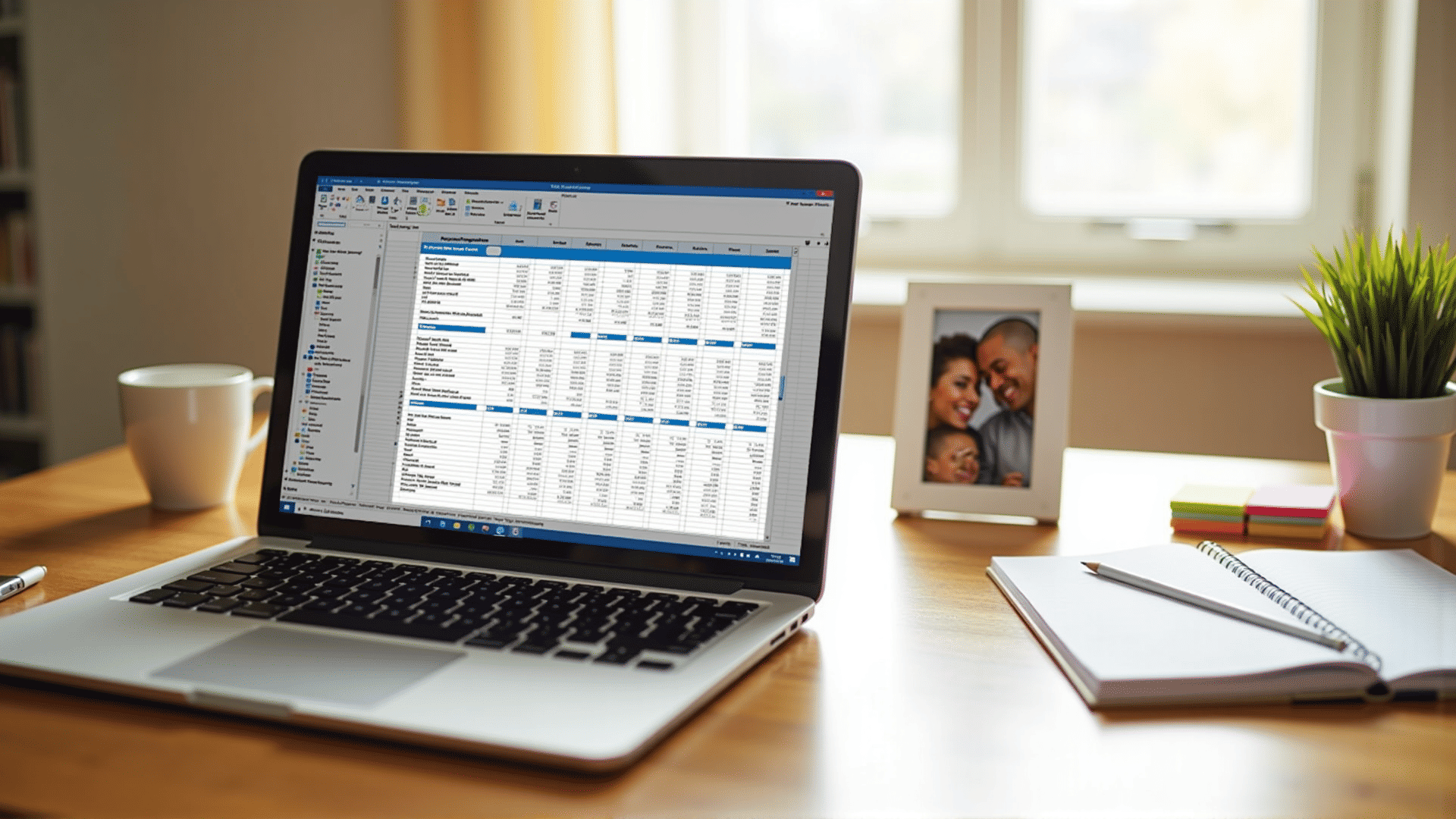Crafting a household financial plan tailored to your needs can transform your relationship with money and improve your economic well-being. By organizing your income and expenses, you gain a clearer understanding of where your money goes, allowing you to make informed decisions. Here’s a step-by-step guide to help you establish a budget that works for you.
Understanding Your Income and Expenses
1. Identify Your Income Sources:
Start by listing all your income sources, such as salaries, bonuses, or other earnings. It’s essential to know your total monthly income to set a realistic budget.
2. Categorize Your Expenses:
Divide your expenses into fixed and variable categories. Fixed expenses are those that remain constant each month, like rent or utility bills. Variable expenses can fluctuate and include items like groceries, entertainment, and dining out.
Creating Your Budget
3. Set Clear Financial Goals:
Determine what you want to achieve with your budget. Whether it’s saving for a vacation, building an emergency fund, or paying off debts, having clear goals will keep you motivated.
4. Allocate Your Income:
Based on your income and expenses, assign a specific portion of your earnings to each category. A popular approach is the 50/30/20 rule, where 50% of your income goes to necessities, 30% to wants, and 20% to savings or debt repayment.
Tracking and Adjusting
5. Monitor Your Spending:
Keep track of your spending to ensure you’re staying within your budget. Use tools like spreadsheets or budgeting apps to record your daily expenses.
6. Review and Adjust Regularly:
At the end of each month, review your spending habits and compare them to your budget. Adjust your allocations if necessary, as this will help you remain flexible and responsive to changes in your financial situation.
Resources and Tips
-
Seek Educational Materials:
Books, online courses, and financial blogs can provide valuable insights into managing your budget effectively. -
Utilize Community Support:
Engage in forums and online communities that discuss budgeting and personal finance. These platforms can offer support, tips, and encouragement from individuals with similar goals.
By following these steps and continually educating yourself, you can develop a robust household budget. This proactive approach not only helps you manage what you earn and spend but also lays the foundation for achieving long-term economic stability.
